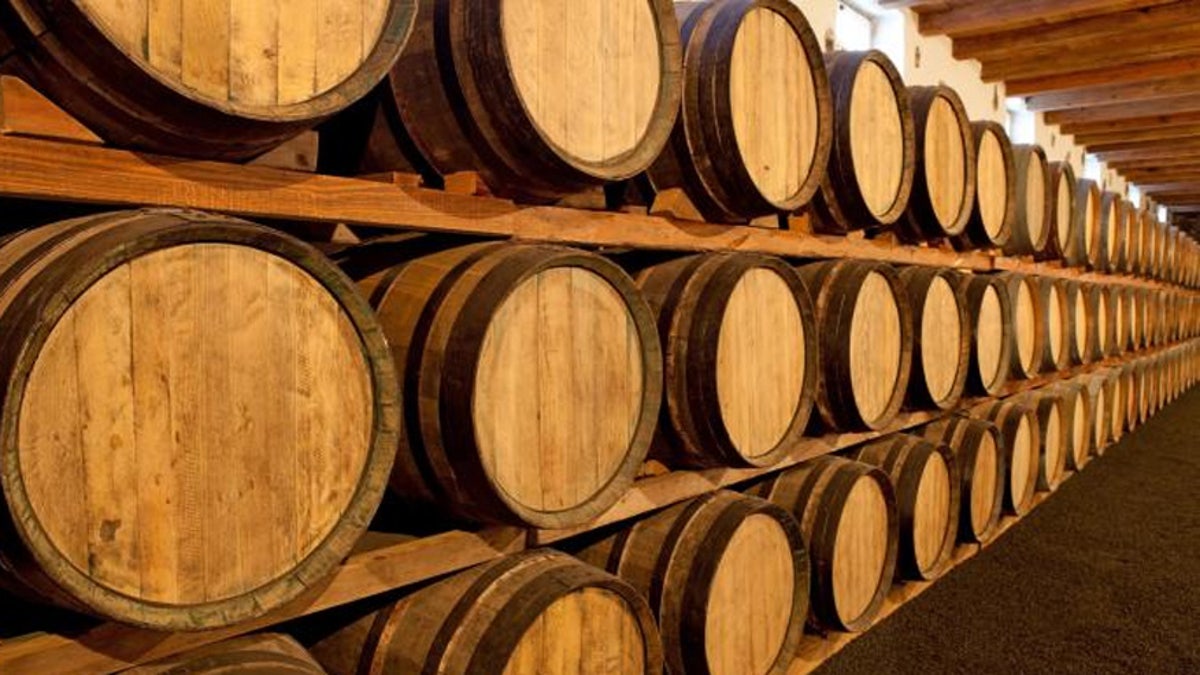
Winemakers have been using oak barrels for centuries. So what do they do anyway? (iStock)
Oak barrels have been associated with winemaking for hundreds of years in wine regions all over the globe. But what role does oak actually play in the production of our favorite bottles of wine?
Here are five things you should know about oak and wine:
A flavor enhancer
As opposed to stainless steel, wine aged in oak barrels is affected by the chemical properties of the wood. Winemakers use oak to add flavor and texture to both red and white wine, imparting notes of vanilla, caramel and spice as well as a richer, fuller body. The longer a wine remains in contact with the wood, the more dramatic its effect on the finished wine.
Not for every grape
Not all grape varieties are good candidates for oak, especially those prized for crisp, fresh, fruity profiles like sauvignon blanc. Stainless steel is ideal for preserving fruit and freshness, while oak creates wines towards the opposite end of the spectrum, described as rich, round and complex. White grapes, such as chardonnay and viognier, are great candidates for oak, as are most red wines which receive varying degrees of time in barrel depending on the grape.
Oaked wines can age
Oak barrels act as chemical preservatives. Oaked wines can evolve and improve over time, while their stainless steel fermented counterparts are generally best when consumed fresh and young. For information on other factors that help wine age with grace, please click here.
Different types of oak
Winemakers have many different types of oak to chose from, hailing from countries such as France, the U.S., Canada and Hungary. Each region produces a unique type of oak, for instance, notes of clove, nutmeg and caramel are associated with French oak, while vanilla, coconut and dill are typical of American oak. Certain grape varieties also respond better to certain types of oak, for instance American oak is preferable when making zinfandel.
Oaky wines are expensive
The cost of oak barrels is quite steep, so yes, some wines made in oak barrels have a higher price tag. But not all oaky wines are expensive. To minimize costs, some wineries use oak chips, staves (pieces of barrels) or even oak powder to give their wines an oaky quality. These techniques are generally used in more economically-priced wines.
